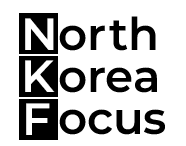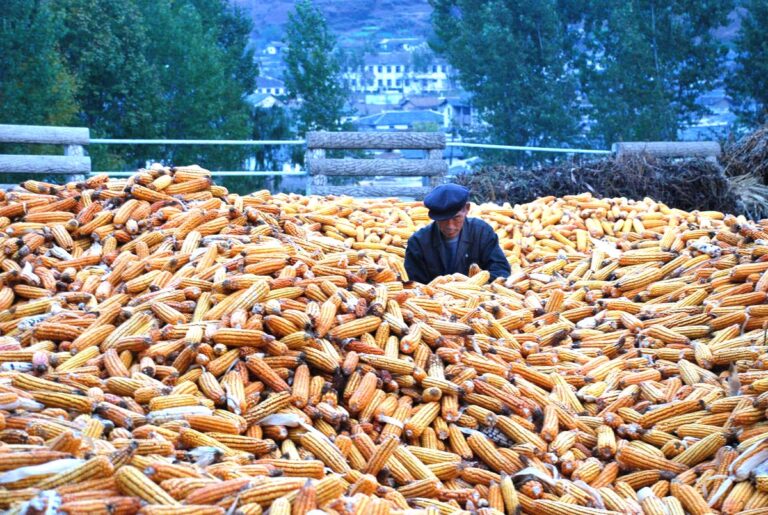In the tightly controlled regime of North Korea, citizens are indoctrinated with the Juche ideology, centered around the supremacy of Kim Il Sung. This ideology, championed by the Kim dynasty, shapes the lives of North Koreans, molding their identities and suppressing any individual sense of self or freedom.
Criticising the state is considered a crime, with potential repercussions for one’s entire family.
Enforced through “The Workers’ Party’s Ten Principles of the Establishment of a Unitary Ideology System,” citizens are compelled to memorize and adhere to these principles, limiting any dissent or attempts for change. Criticizing the state is considered a crime, with potential repercussions for one’s entire family. To protect the identities of defectors, their stories remain anonymous.
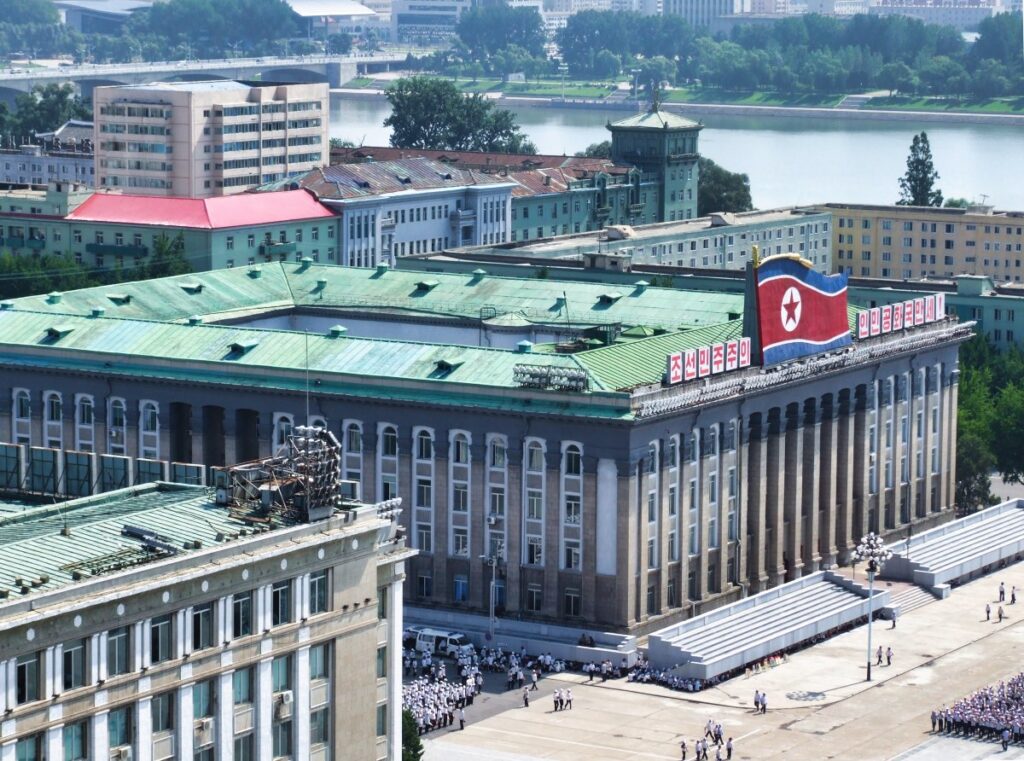
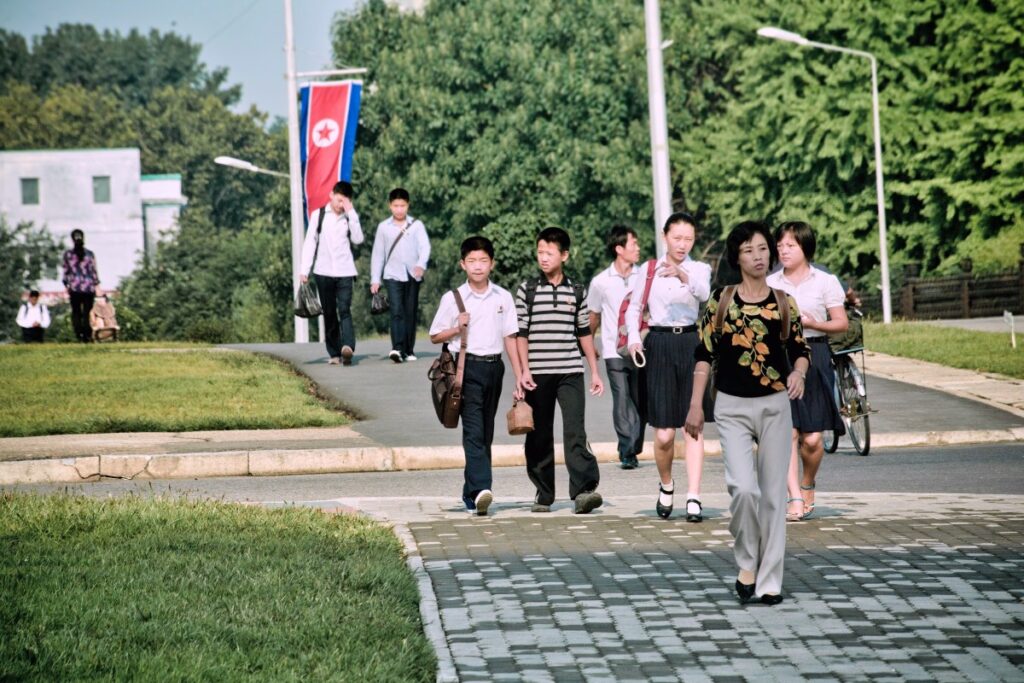
North Korea, often regarded as the world’s most secretive state, poses challenges in understanding the daily lives of its 25 million citizens. Strict limitations on visits and closely monitored interactions make it difficult to obtain accurate information. Seeking insights from those who have managed to escape sheds light on the struggles faced by North Koreans, including scarcity of essential goods, false imprisonment, forced labor, and pervasive propaganda.
Scarcity of Essential Goods
North Koreans grapple with consistent famine and malnutrition, obtaining food through small markets or government-provided rations. Government statistics may be unreliable, and during crises like the COVID-19 pandemic, food shortages exacerbate, posing a greater threat than the virus itself. Natural disasters further strain the situation, with floods and droughts leading to a decline in food storage. Medicine is often purchased in black markets, as hospitals lack resources, leading to a higher child mortality rate.
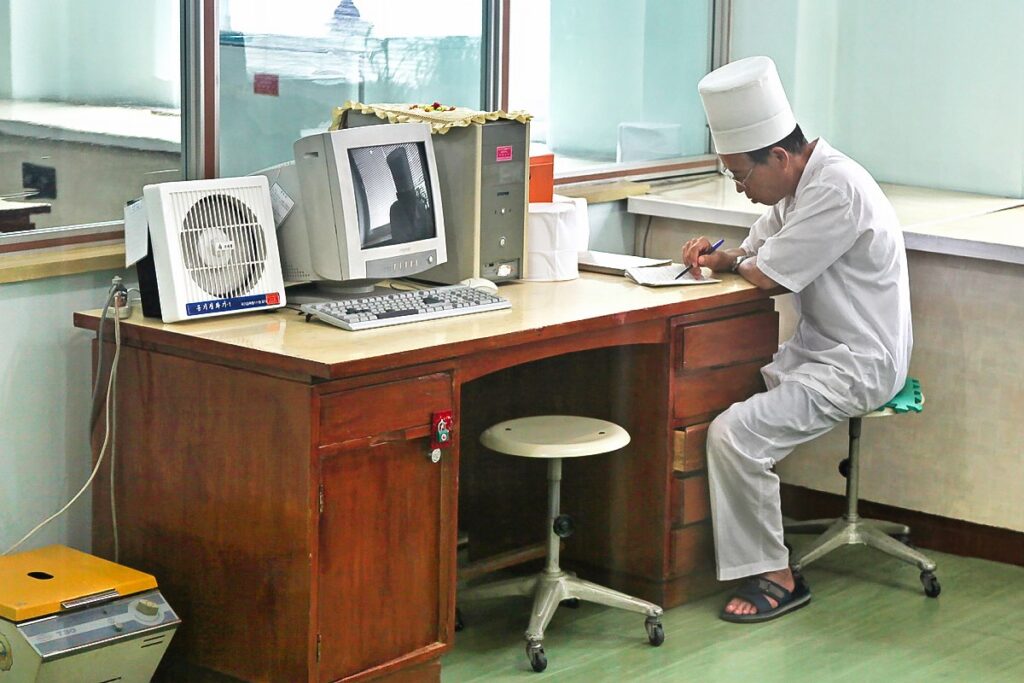
False Imprisonment
Concentration camps, including those for political prisoners, exist in North Korea. Arbitrary sentencing without trial, harsh conditions, and forced labor characterize these camps. Enlistment in the army for a minimum of ten years fosters a sense of patriotism, fueled by the vilification of external enemies. The “guilt by association” system results in the imprisonment of relatives for crimes they did not commit, creating a powerful deterrent for those contemplating escape.
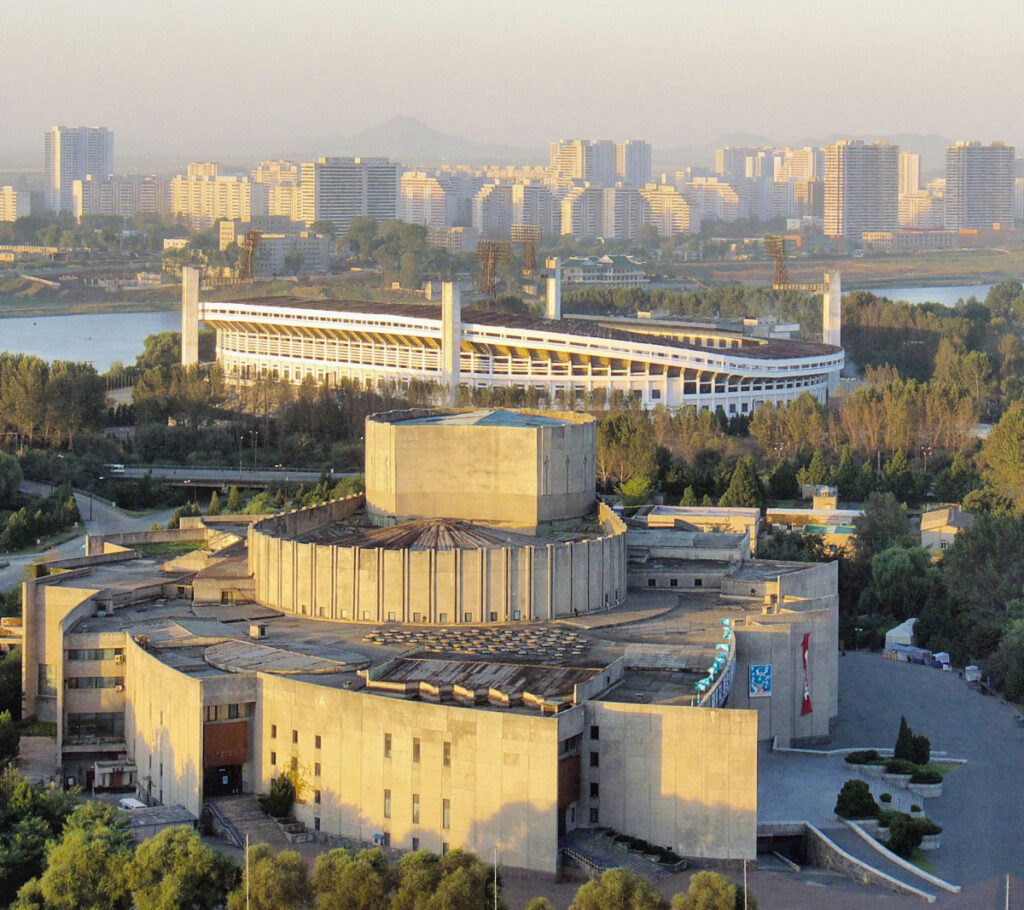
Propaganda
The education system revolves around idolizing the Kim family, with propaganda pervasive in various forms. Worship of the leaders is enforced through regular visits to monuments and framed pictures in homes. Under Kim Jong-Un’s rule, control over freedom of thought, expression, and religion has intensified, accompanied by growing censorship. Despite these restrictions, a notable percentage of North Koreans seek information from outside sources.
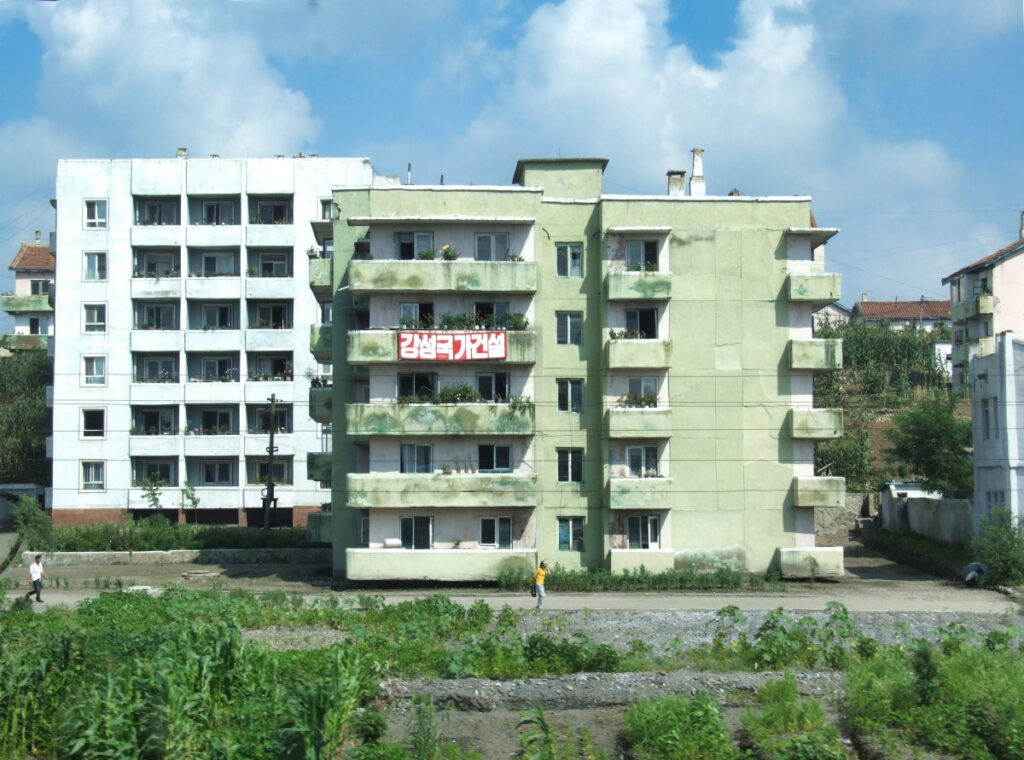
Forced Labor
Lack of university opportunities leads many North Koreans to work on collective farms, factories, and construction sites. They lack job choice, endure long work hours, and receive meagre pay and food. Injuries often go uncompensated, making work on construction sites and in mines hazardous.
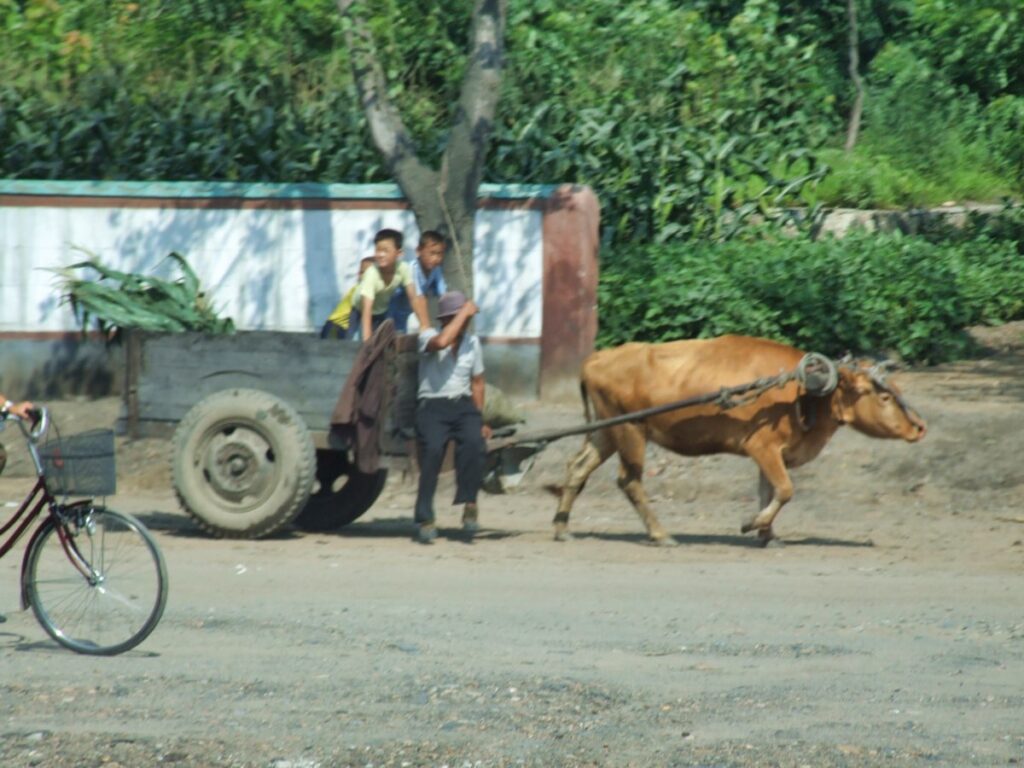
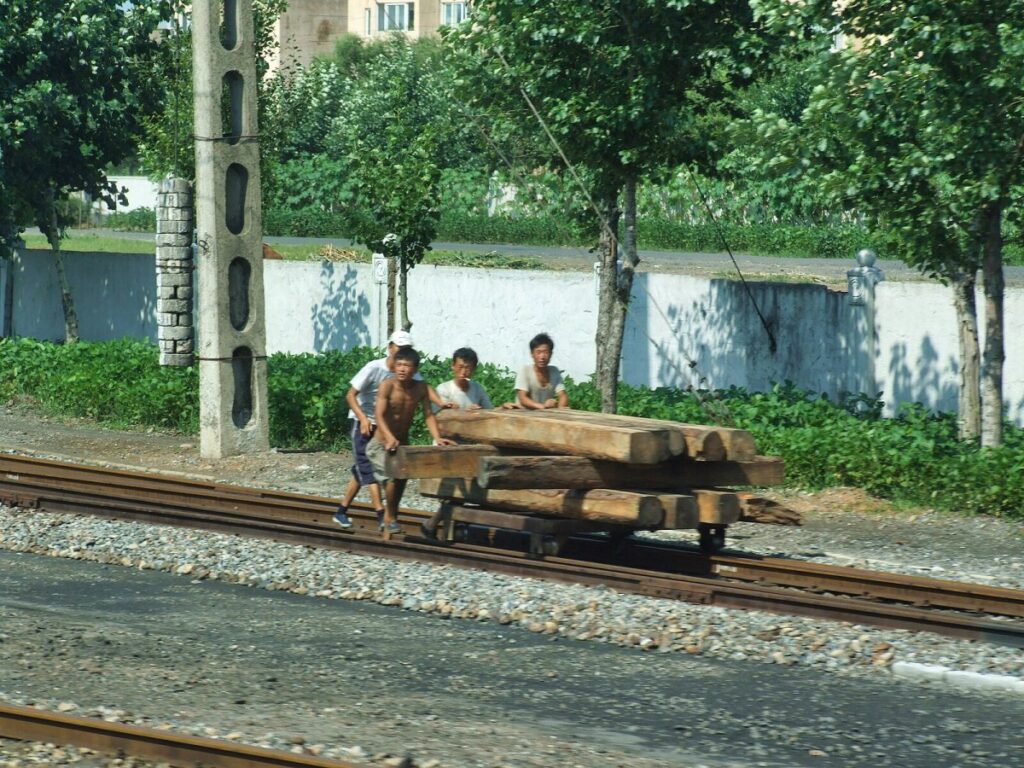
Escape
Escaping North Korea is fraught with risks, driven by constant rights violations, starvation, and fear. Crossing the border into China is deemed illegal, with defectors facing repatriation if discovered. Survivors often live in hiding, facing dangers such as sexual violence and human trafficking.
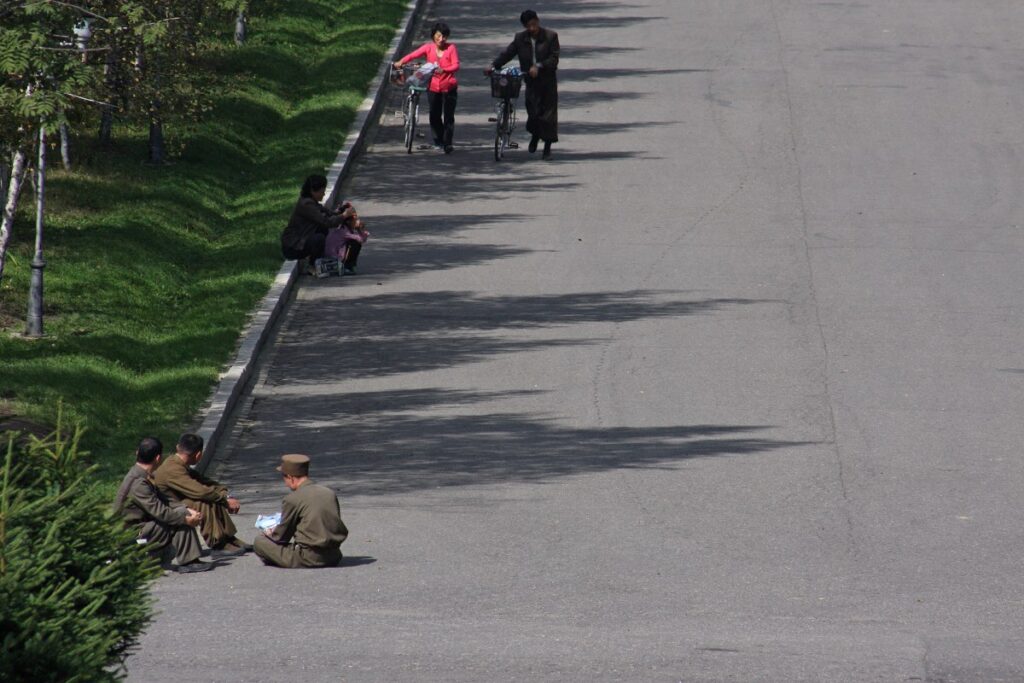
The journey to freedom involves traversing China, Laos, and finally reaching Thailand, where defectors seek asylum at the South Korean embassy, marking the beginning of their new lives.

